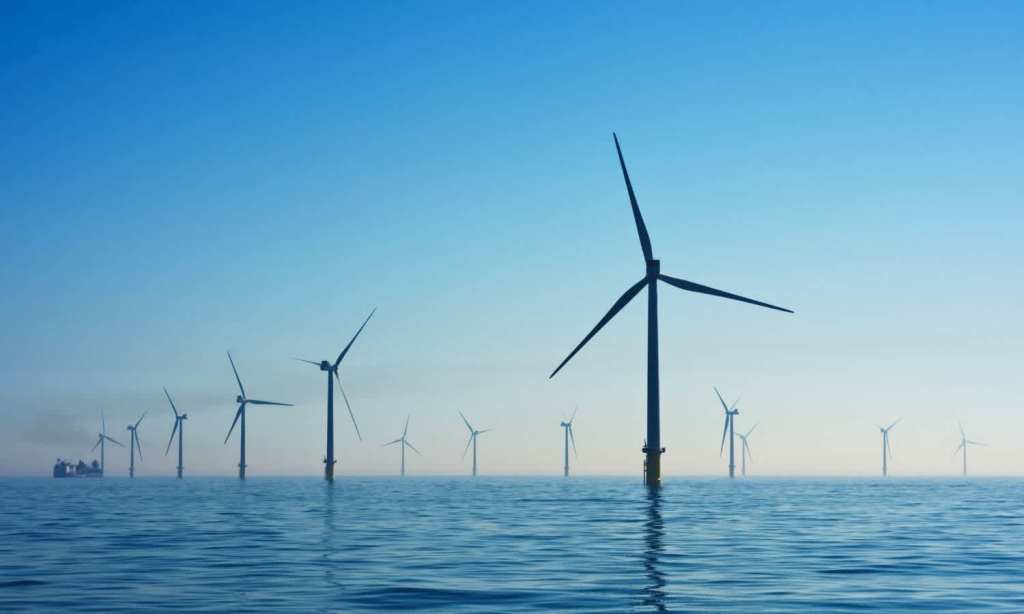New Zealand is introducing a law that forces its financial firms to report on the effects of climate change, following a claim that they’re aiming to be a carbon-neutral country by 2050.
The negative impact we have on climate change is a team effort and often, the financial sector doesn’t get too involved, however, they have a huge hand in the ongoing climate crisis, with some of the world’s wealthiest at the heart of the climate problem.
So, how can we minimise the impact?
Banks, insurers and fund managers can do this by knowing the environmental effect of their investments, says its Climate Change Minister James Shaw.
“This law will bring climate risks and resilience into the heart of financial and business decision making,” said Mr Shaw.
Around 200 of New Zealand’s largest companies and a few of its foreign firms, with assets of more than NZ $1 billion ($703m), will come under the legislation.
“Becoming the first country in the world to introduce a law like this means we have an opportunity to show real leadership and pave the way for other countries to make climate-related disclosures mandatory,” said New Zealand’s commerce and consumer affairs minister David Clark.
The law is designed to enforce financial firms to assess their own investments, as well as evaluating the companies they lend money to, in relation to their impact on the environment. Once the law is passed, companies will have to start reporting on climate change in 2023.
This is a fabulous starting point. Although it may not sound hugely relatable for now, only applying to multi-million and billion-dollar companies, these new laws have the power to trickle down throughout all businesses and industries, which would have a real grassroots impact on how we treat our environment systematically. It would change our currently damaging structure, from the ground up.
These laws offer a glimmer of hope for our environmental future, which isn’t a feeling often associated with the environment and politics.
Take the current conversation in the Australian federal government, for example. You really can’t compare these new laws implemented by New Zealand, to our Australian government’s recent and frustratingly vague discussion on “phasing-out” single-use plastic by 2025.
New Zealand is showing real, actionable change, while Australia seems to talk around in circles with vague quotes such as “the vital role cooperation will play in building a more climate-resilient Australia”, coming out of the latest ministers meeting on banning single-use plastic.
Australian ministers seem to agree that given the ongoing climate crisis and the fact that out of 2.5 million tonnes of plastic waste produced in Australia, 84% of it is being sent to landfill and 130,000 tonnes of plastic waste leaks into our environment every year – it’s time to make a move.
However, despite agreeing on these facts, there seems to be a lot of talking in circles. Except when it comes to the national koala monitoring program, which is pretty much the only thing to come out of the meeting and fully supported by the government.
Suzanne Milthorpe, the national environment laws campaigner for the Wilderness Society, is surely the voice of many, openly having hoped for more action in response to the findings of the royal commission into national natural disaster arrangements and the review of Australia’s federal environment laws, both of which were handed to the government in 2020.
“There is a lot of ‘noting’ and ‘discussing’ but not a lot of acting, especially on behalf of the commonwealth,” she said.
Anyway, good on you New Zealand. Let’s hope that other countries and governments follow suit. In the meantime, let’s do what we can in our daily lives to minimise the impact of climate change and global warming. It starts with us.
Read more stories from The Latch and subscribe to our email newsletter.







